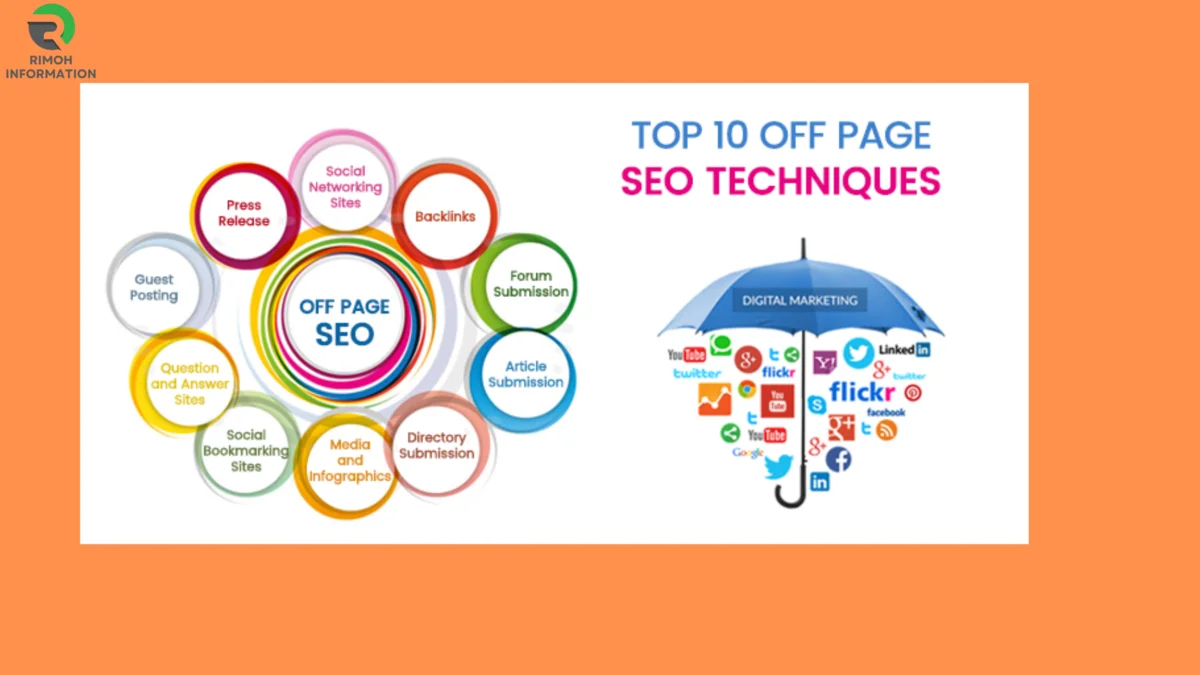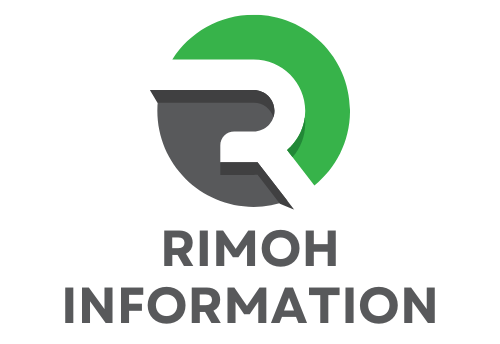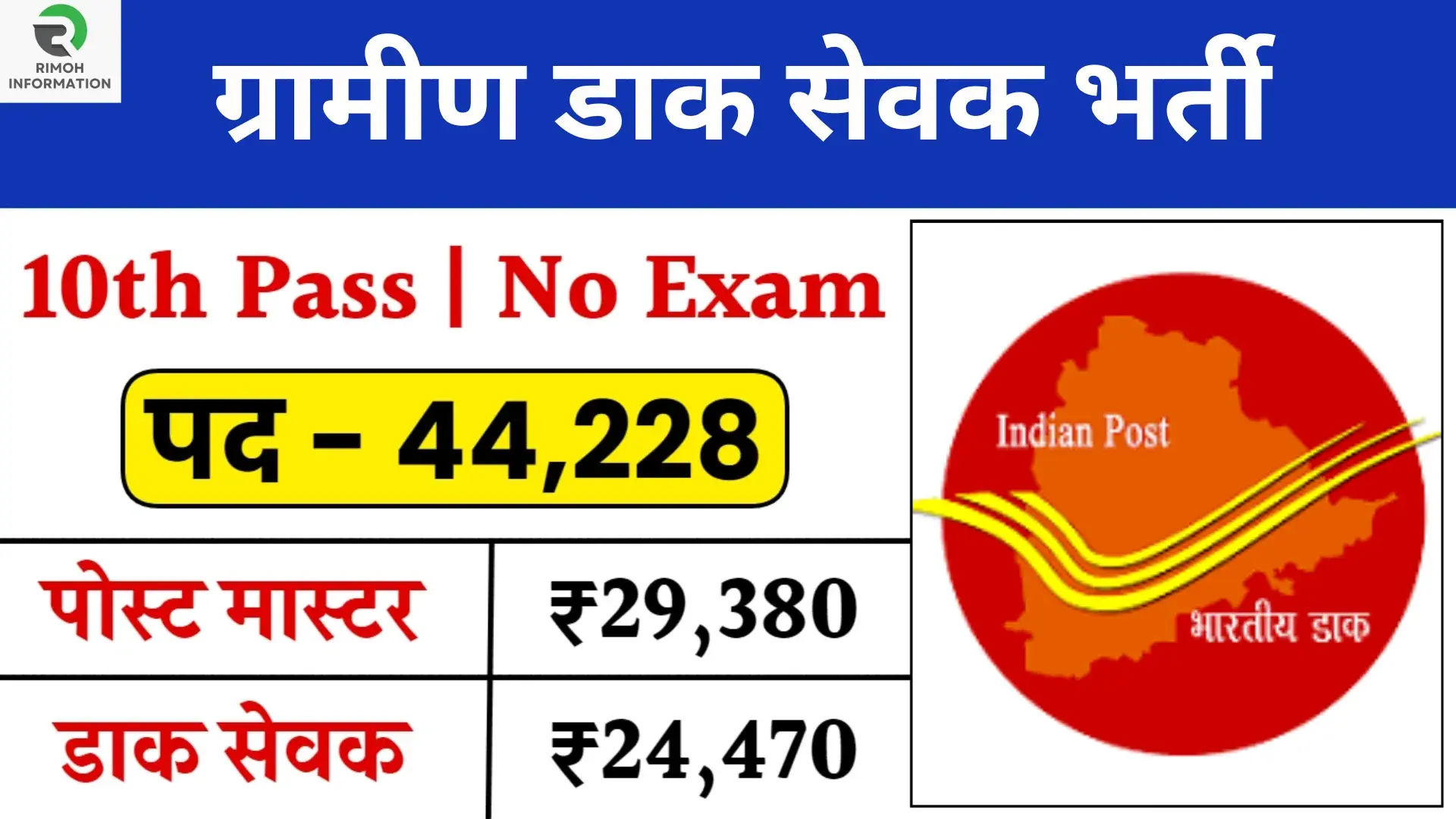What Is Off-Page SEO?
Off-page SEO refers to actions taken outside of your website to improve its search engine rankings. This includes building high-quality backlinks, social media engagement, guest blogging, influencer outreach, and content marketing. The goal is to enhance your site’s authority, relevance, and trustworthiness for higher search engine visibility.
Why Is Off-Page SEO Important?
Off-page SEO is important because it helps improve your website’s visibility, credibility, and authority in search engine results. Here are key reasons why off-page SEO is crucial:
1. Higher Rankings: Quality backlinks and external signals can significantly boost your website’s ranking in search engine results pages (SERPs).
2. Increased Traffic: Higher rankings lead to more organic traffic as users are more likely to visit top-ranking sites.
3. Enhanced Credibility: Backlinks from reputable sites serve as endorsements, making your site appear more trustworthy and authoritative.
4. Brand Awareness: Off-page SEO efforts can increase your brand’s visibility and recognition across the web.
5. Better Domain Authority: Consistent off-page SEO practices contribute to a higher domain authority, improving overall site performance in search results.
6. Competitive Advantage: Effective off-page SEO can help you stay ahead of competitors by establishing a stronger online presence.
On-Page SEO vs. Off-Page SEO
On-Page SEO:
Definition: Refers to optimization strategies applied directly to your website to improve its ranking in search engine results.
Key Elements:
Content Quality: Creating high-quality, relevant, and valuable content.
Keyword Optimization: Using target keywords strategically in titles, headings, and content.
Meta Tags: Optimizing meta titles and descriptions for better click-through rates.
URL Structure: Creating SEO-friendly URLs.
Internal Linking: Linking to other relevant pages within your website to improve navigation and authority.
User Experience: Ensuring fast load times, mobile-friendliness, and easy navigation.
Image Optimization: Using alt tags and compressing images for faster loading.

Definition: Refers to actions taken outside of your website to improve its ranking in search engine results.
Key Elements:
Backlinks: Acquiring high-quality backlinks from reputable websites.
Social Signals: Engaging with audiences on social media platforms.
Guest Blogging: Writing articles for other websites with links back to your site.
Influencer Outreach: Collaborating with influencers to promote your content.
Content Marketing: Creating shareable content that attracts backlinks.
Brand Mentions: Getting your brand mentioned on other websites, even without direct links.
Directory Submissions: Submitting your site to relevant directories.
Control: On-page SEO is entirely within your control, while off-page SEO relies on external factors and other websites.
Focus: On-page SEO focuses on optimizing your own website, while off-page SEO focuses on building your website’s reputation and authority through external means.
Techniques: On-page SEO techniques include content creation, keyword optimization, and improving site structure. Off-page SEO techniques include link building, social media engagement, and influencer marketing.
Both on-page and off-page SEO are essential for a comprehensive SEO strategy. While on-page SEO ensures your website is optimized for search engines and users, off-page SEO helps build authority and drive traffic from external sources.
5 Off-Page SEO Techniques That Work
Why It Works: High-quality backlinks from reputable sites signal to search engines that your site is authoritative and trustworthy.
How To Do It: Focus on earning backlinks from industry-relevant websites, authoritative blogs, and online publications. You can achieve this through guest blogging, creating shareable content, and reaching out to influencers and industry leaders.
Social Media Engagement:
Why It Works: Active social media profiles can drive traffic to your website and increase your online presence.
How To Do It: Share your content on social media platforms, engage with your audience through comments and messages, and participate in discussions relevant to your industry. Social shares can indirectly impact your SEO by increasing content visibility and attracting backlinks.
Guest Blogging:
Why It Works: Writing articles for other reputable websites can help you gain exposure and backlinks to your site.
How To Do It: Identify popular blogs and websites in your niche that accept guest posts. Create high-quality, relevant content that adds value to their audience, and include a link back to your website in your author bio or within the content (if permitted).
Influencer Outreach:
Why It Works: Collaborating with influencers can amplify your content reach and attract a broader audience.
How To Do It: Reach out to influencers in your industry and propose collaborations, such as sponsored posts, reviews, or co-created content. Influencers with a significant following can help you build credibility and drive traffic to your site.
Content Marketing:
Why It Works: High-quality, shareable content attracts natural backlinks and social shares, boosting your site’s authority.
How To Do It: Create valuable and engaging content, such as blog posts, infographics, videos, and eBooks. Promote your content through various channels, including social media, email newsletters, and online communities. Content that resonates with your audience is more likely to be shared and linked to by other websites.
Using these off-page SEO techniques consistently can help improve your website’s visibility, authority, and search engine rankings, leading to increased organic traffic and overall online success.
Conclusion
Off-page SEO is critical to any balanced SEO approach. Building the authority, credibility, and visibility of a site from off-site resources will rank your search highly and give more organic traffic to your site. Backlink building, social media engagement, guest blogging, outreach to influencers, and content marketing are powerful ways to build a site’s reputation and drive continuous growth. Be sure to apply them consistently so that you can remain competitive within the digital landscape and your website stays on top and effective for your audience.







